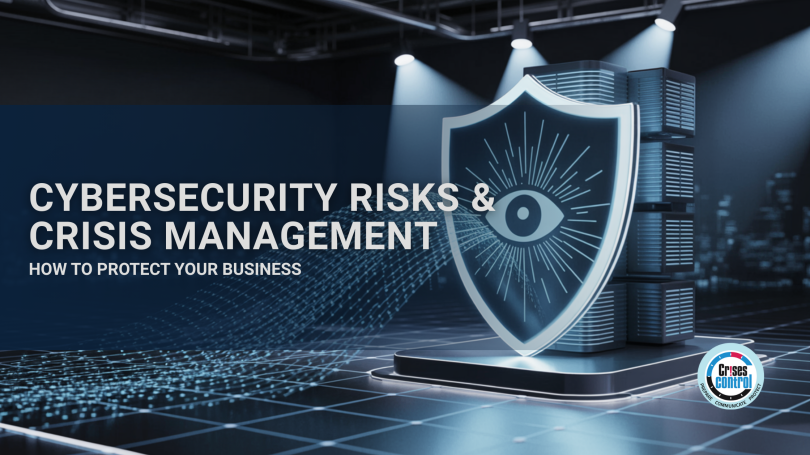In today’s digital age, cyber attacks are a constant threat to businesses of all sizes. From data breaches to ransomware attacks, without a crisis management plan the consequences of cybercrime can be devastating, leading to reputational damage, lost revenue, and legal and regulatory consequences. That’s why it’s more important than ever for organisations to have a strong cybersecurity strategy in place, including a robust crisis management plan.
The Importance of Crisis Management in Cybersecurity
When a cyber attack occurs, time is of the essence, and having a well-planned crisis management strategy can be the difference between a minor inconvenience and a catastrophic data breach. The longer it takes to respond, the more damage the attack can cause. That’s why it’s crucial for organisations to have a crisis management plan that can be activated quickly and efficiently in the event of a cyber attack.
What Happens During a Cyber Attack
During a cyber attack, an organisation’s sensitive data and systems are compromised, leading to potential reputational damage and financial losses. Attackers can gain access to confidential information, including customer data, financial records, and intellectual property. The consequences of a data breach can be far-reaching and long-lasting, affecting not only the organisation but also its customers and partners.
Top Cyber Risks to Look Out for in 2023
According to the Institute of Risk Management, the top cyber risks to look out for in 2023 are:
Cloud-Based Attacks
Cloud security is still in its infancy, with many default cloud services falling short of fundamental security requirements. Security teams must keep up with the organisation’s needs to protect their cybersecurity network.
Smart Device Security Threats
Mobile is quickly becoming a significant target for threat actors. As of 2023, almost two-thirds of the world’s population use smart devices in some form. Attackers are taking advantage of openings in banking, e-commerce, and online reservation apps to expose customers’ personal data, including sensitive financial details.
Risky Remote/Hybrid Work Environments
Remote and hybrid work settings have many advantages for both workers and employers, but there are risks. Using weak passwords and engaging in file sharing that isn’t encrypted are some of the most frequent security hazards associated with remote work.
How Crises Control Can Help
Crises Control is a company that provides emergency management solutions and can help an organisation that has suffered a cyber attack by providing a comprehensive incident response plan that can be activated quickly and efficiently.The incident response plan can include procedures for initiating recovery procedures to restore normal operations.
Crises Control can also provide real-time notifications and updates to all relevant stakeholders, including IT staff, management, and customers, to keep them informed about the status of the incident and any ongoing risks. Furthermore, Crises Control provides analytics and reporting to help companies review their incident management plan and identify areas for improvement. This can include reviewing the response times, identifying communication breakdowns, and evaluating the effectiveness of the incident management plan overall.
In conclusion, cybersecurity risks are a significant threat to businesses today, and it’s essential to be prepared. Reacting quickly to a cyber attack, understanding the potential repercussions of a cyber attack, and being aware of the top cyber risks to look out for in 2023 are all critical components of a comprehensive cybersecurity plan. With the help of Crises Control, businesses can be better prepared to handle cyber attacks and protect their operations, customers, and reputation. Contact us today to request a demo and see how we can help protect your business.
